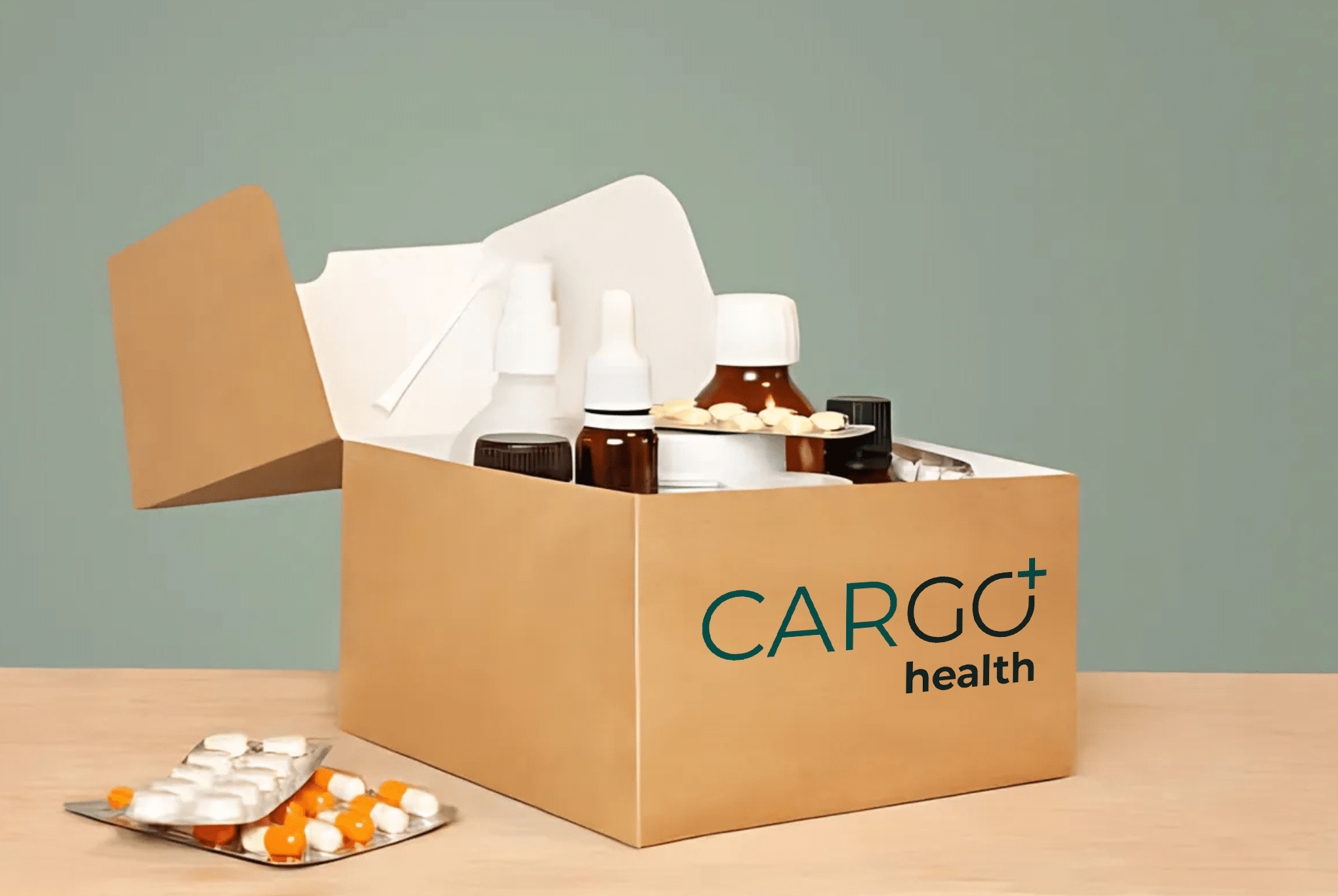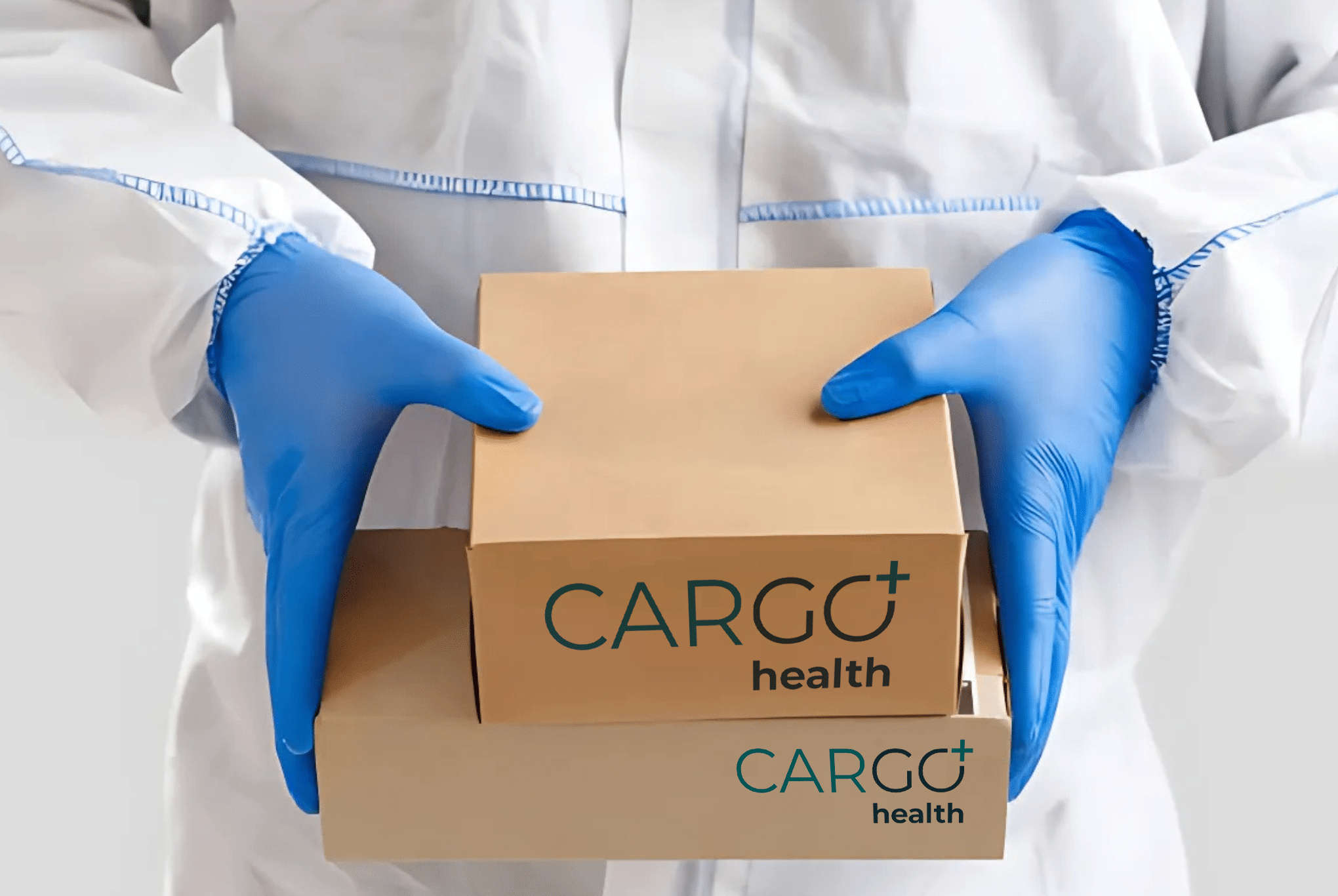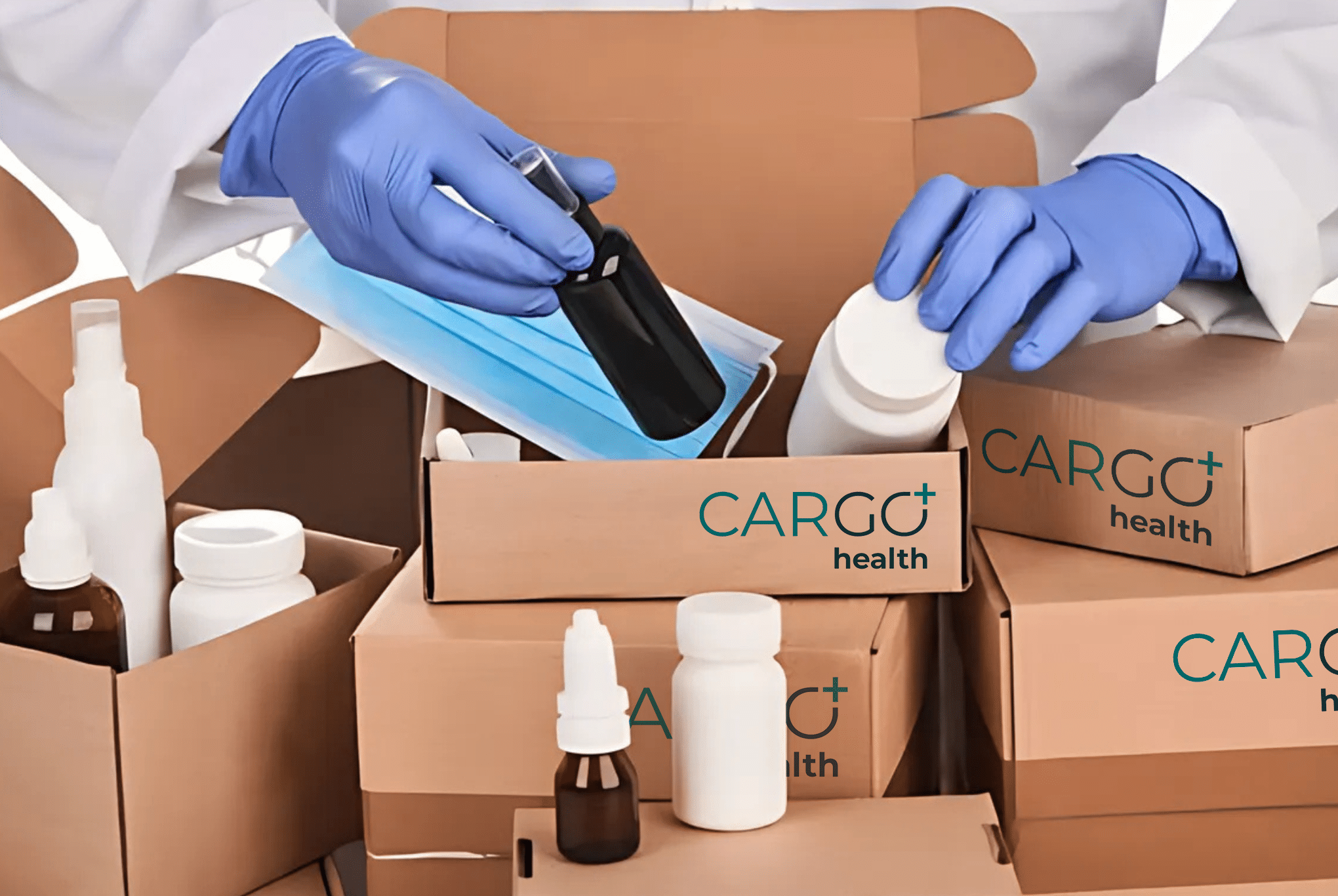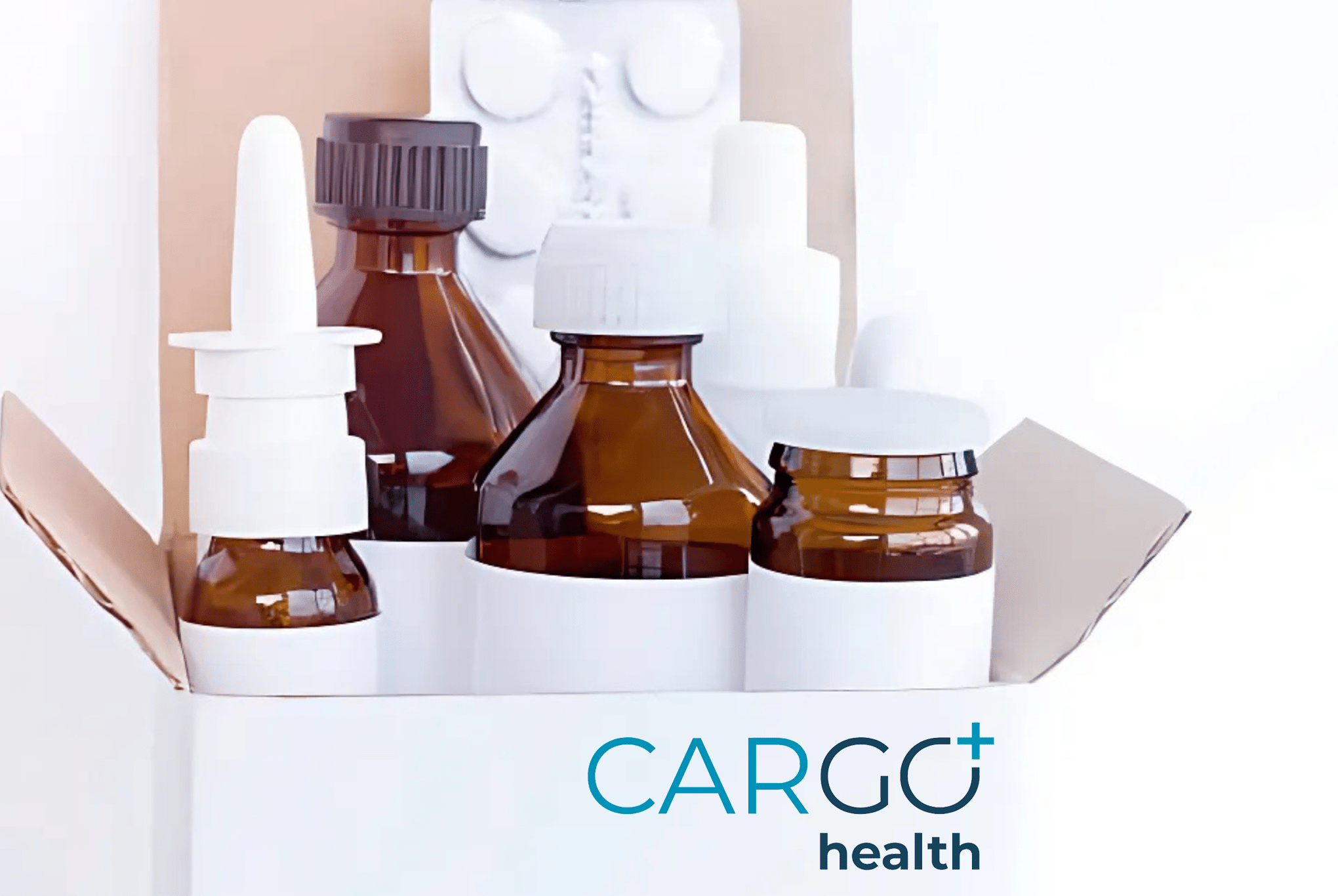Revolutionizing Medical Logistics: The Future of On-Demand Deliveries

In the evolving landscape of healthcare, efficient logistics are crucial for delivering critical medical supplies, specimens, and equipment. On-demand delivery solutions have become the backbone of modern healthcare, providing rapid, secure, and compliant services that meet the growing demand for precision and reliability in medical logistics.

The Rise of On-Demand Solutions in Healthcare Logistics
Healthcare organizations are increasingly turning to on-demand logistics to streamline operations and improve patient outcomes. Unlike traditional scheduled delivery systems, on-demand services offer real-time responsiveness, reducing delays in critical deliveries such as blood samples, medications, and surgical equipment. This shift minimizes disruptions in patient care and optimizes supply chain efficiency.
Technological advancements such as GPS tracking, predictive analytics, and automated dispatch systems are driving this transformation. These innovations ensure that medical items are transported with unprecedented speed and accuracy while maintaining compliance with strict regulatory standards.
Technology-Driven Efficiency
The integration of real-time data and predictive logistics has significantly enhanced operational efficiency. Predictive analytics enables better resource allocation by anticipating delivery needs based on historical data and current trends. Combined with dynamic routing algorithms, these technologies reduce travel times, cut costs, and improve the overall reliability of medical courier services.
Furthermore, IoT-enabled temperature monitoring systems are vital for transporting sensitive materials such as vaccines and biologics. These systems provide continuous monitoring, ensuring optimal environmental conditions and immediate alerts in case of deviations.
Regulatory Compliance and Safety Standards
Medical logistics is highly regulated to safeguard patient health and ensure the integrity of transported materials. On-demand courier services must adhere to stringent compliance standards, including HIPAA for patient privacy and OSHA for occupational safety. Additionally, temperature-sensitive deliveries must comply with Good Distribution Practice (GDP) guidelines to preserve product quality.
By investing in robust compliance frameworks and rigorous training programs, advanced courier services can mitigate risks and ensure safe, secure deliveries.
Addressing Scalability and Demand Surges
One of the challenges in medical logistics is managing fluctuations in demand, particularly during public health emergencies or seasonal outbreaks. Scalable on-demand networks offer the flexibility to adapt to such surges without compromising service quality. Cloud-based platforms facilitate seamless coordination across multiple delivery points, ensuring resources are efficiently distributed even under high demand.
Looking Ahead
The future of on-demand medical logistics will be shaped by ongoing innovations in automation, machine learning, and decentralized logistics networks. As healthcare becomes increasingly personalized, the demand for just-in-time deliveries of customized treatments and diagnostics will continue to grow. Forward-thinking logistics providers are already investing in AI-driven systems and autonomous delivery solutions to meet these emerging needs.
For healthcare providers, embracing advanced on-demand logistics is not just an operational improvement—it is a critical component in delivering timely, life-saving care. As technology continues to push boundaries, the potential for more efficient, reliable, and secure medical deliveries will only expand, redefining how healthcare services are delivered.








